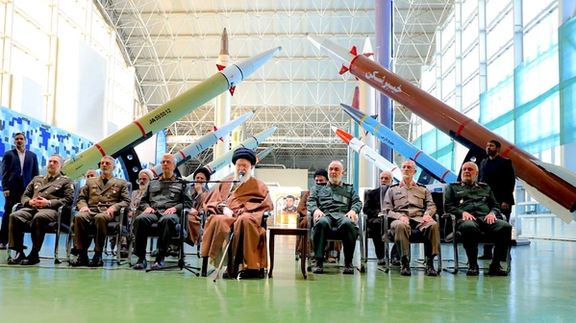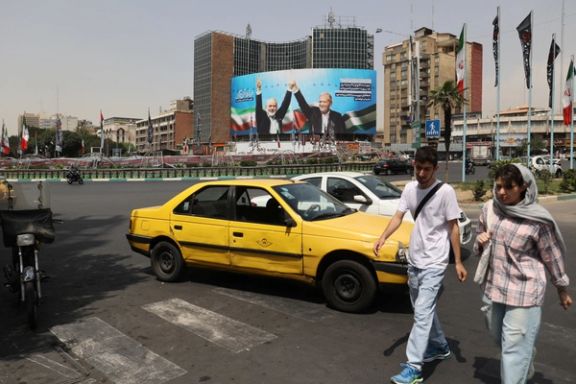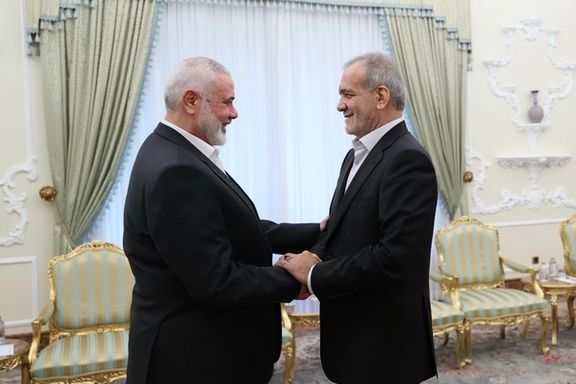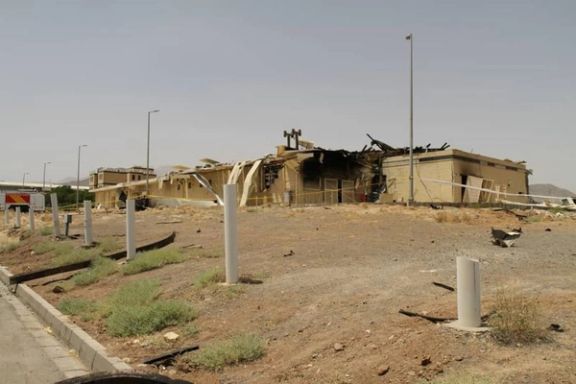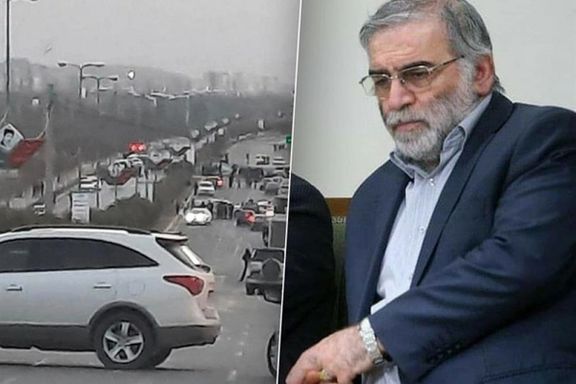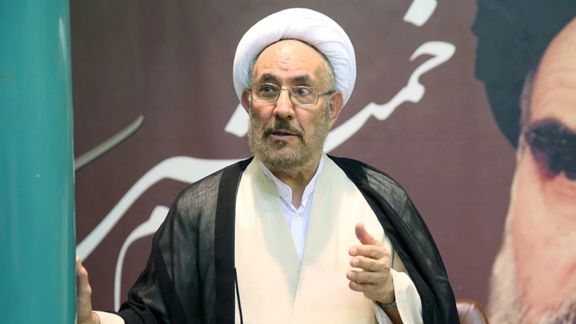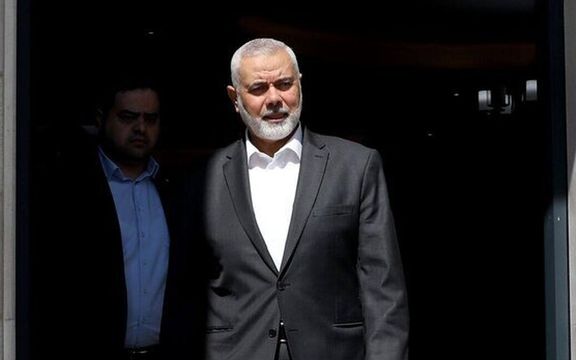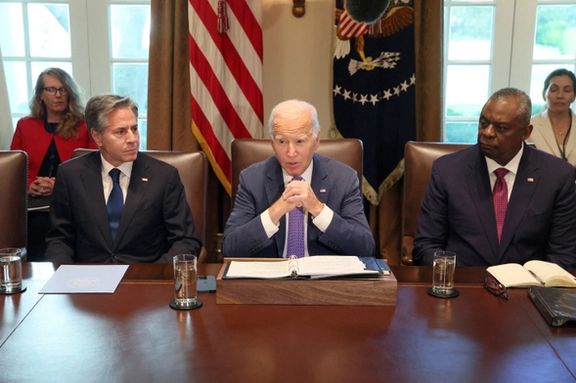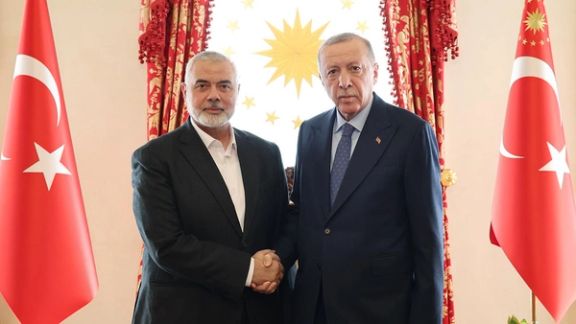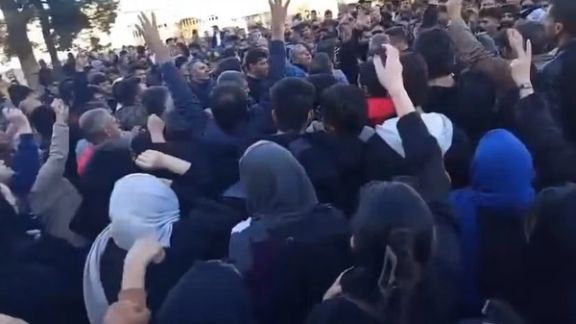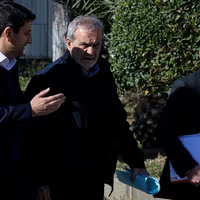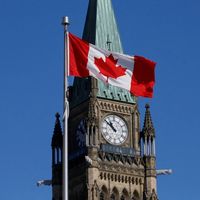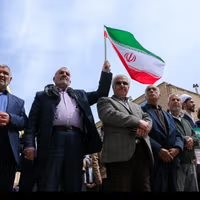It meant that such a strike would take out the Iran-backed terror-designated group’s figurehead while causing the least collateral damage.
Major Andrew Fox, a research fellow at the Henry Jackson Society and a former British paratrooper, said locating Hamas leader Ismail Haniyeh had made the assassination, early on Wednesday, nothing more than “fairly straightforward intelligence”.
Haniyeh made regular media appearances during his multiple visits to Tehran, making it an accessible target for Israel, which had promised Qatar not to strike him there—one of Hamas's two exile offices, alongside Turkey.
“They put themselves on the radar so it’s fairly straightforward intelligence work to find them. The time of day was very sensible. In Afghanistan we did night raids as we knew where the target would sleep.”
Based on his many years of experience, he said the likelihood of the cause of the strike was a missile launched from outside Iran and guided in with precision laser technology, operated by special forces on the ground.
“The soldier on the ground points a laser pointer at the exact spot they want to hit so the laser guides the missile to the point of impact,” he said. “The UK, US and others have this technology.”
Causing minimal damage, it also came in almost unnoticed with very little sound to warn of its approach.
“There are kinetic missiles Israel has been using that kill using kinetic energy that essentially uses the speed and weight of the warhead to do the killing. We’ve seen that in strikes on kills where a classroom is hit that’s being used by Hamas. It explains why less people got killed and it was less noisy than an explosive warhead,” he explained.
What this also means is that, unlike the assassination in Beirut of Hezbollah’s top commander on Tuesday, Fuad Shuker, which injured at least 60 others and damaged a huge chunk of a large building, the impact is far less.
“It’s really clever to use this as it doesn’t wipe out a whole chunk of Tehran. There isn’t so much damage that Tehran is forced to retaliate with huge force. If they’d levelled a city block, Iran would have no choice but to be more aggressive than I think they will be. It was one house. It’s embarrassing for Iran but in terms of damage it’s not a huge beast,” added Maj Fox.
Israeli intelligence and security analyst, Ronen Solomon, said the hit in Tehran will be a major embarrassment for Iran. While in Qatar, Haniyeh has a huge circle of security around him. However, he had just one bodyguard in Tehran, ironically, the one place he felt he was safe.
But he left a huge footprint leading Israel straight to him. “Ismail Haniyeh came with a group of Palestinians so there is a wide [intelligence] signature. They came from Qatar and usually it’s by a private plane,” he explained.
The root of the strike remains unconfirmed by either Iran or Israel but Solomon said what was unusual was the lack of sound and sight.
“Usually if there is an explosion we see it. You can hear it. We didn’t get this on this occasion. If there was a strike, north of Tehran there is the Caspian Sea,” he said, suggesting this was the direction of attack.
“If I’m a special unit with guided missiles I can do it from the sea with roaming missiles" The Caspian Sea in the north is not far from Tehran, he said.
With Israel’s close ally, Azerbaijan, bordering Iran, Solomon says the chances of it having been used to launch the attack are high. Just a few hundred kilometers away, it already has Israeli weaponry and shared intelligence.
However, he says another option, as has been seen before, is a drone attack that could be done with a range of 30km sent from inside Tehran, launched by an opposition cell.
Such a method would be realistic for an operation of this kind, and Israel has this capability as has been seen in the past with operations Iran accused Israel of plotting.
“This would have been a very quick operation with little time to plan after the announcements he was in Tehran which also shows the determination of Israel,” Solomon said.
However, with both sides staying silent on the details, the operation remains a mystery. “There wasn’t any kinetic signature and Israel hasn’t taken responsibility, so it’s still unclear, which is good for Israel as it gives room for denial,” he said.
Israeli Defense Minister Yoav Gallant has already said, “We don’t want war, but we are preparing for all possibilities.”
Iran's Revolutionary Guards said that "the killing of Haniyeh will be met with a harsh and painful response," and Ali Larijani, adviser to supreme leader Ali Khamenei, said Israel will "fall into a new quagmire" due to the attack.
